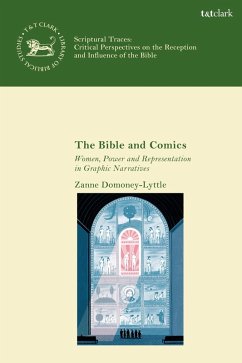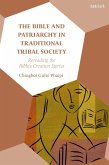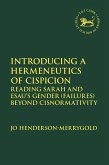This interdisciplinary volume seeks to trace the diverse ways in which stories of biblical women have been reimagined in and as comic books. Feminist biblical scholarship has previously addressed the tradition that relegates female biblical characters to secondary roles, merely enabling the male characters to attain their own goals. Using examples from both secular and religious comic Bibles, and comic Bibles aimed at children and older audiences, Zanne Domoney-Lyttle now fully considers contemporary remediations of biblical narratives to the same degree.
Remediating ancient, biblical text into modern, graphical comic books affects the reception of the text in several ways. This book aims to investigate how the production, format, and function of comic Bibles encourages the depiction of biblical characters from a contemporary perspective, while also showing some fidelity to the text. By presenting a focused analysis on women in the Bible, wider issues concerning popular-cultural retellings of the Bible in general begin to surface, including matters concerning reception history, the space between art and literature inhabited by biblical comics, and issues of translation and interpretations within contemporary remediations.
Remediating ancient, biblical text into modern, graphical comic books affects the reception of the text in several ways. This book aims to investigate how the production, format, and function of comic Bibles encourages the depiction of biblical characters from a contemporary perspective, while also showing some fidelity to the text. By presenting a focused analysis on women in the Bible, wider issues concerning popular-cultural retellings of the Bible in general begin to surface, including matters concerning reception history, the space between art and literature inhabited by biblical comics, and issues of translation and interpretations within contemporary remediations.









